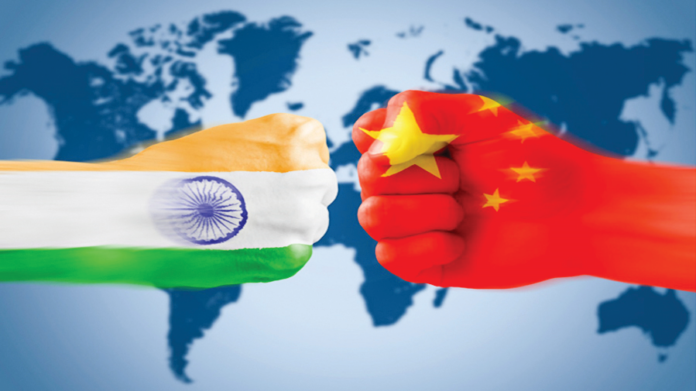Long-term economic risks of deepening ties with China are substantial.
India’s relationship with China is a delicate balancing act, fraught with both opportunities and challenges. As the two largest economies in Asia, their interactions have significant implications for regional stability and global economic trends. While India stands to gain economically in the short term from its relationship with China, the long-term risks could outweigh these benefits, particularly in terms of economic dependency and political sovereignty.
In the short term, India’s economic engagement with China offers several advantages. Chinese investments in Indian infrastructure, technology, and manufacturing sectors can spur economic growth and create jobs. For instance, Chinese firms have been involved in various projects under India’s “Make in India” initiative, providing much-needed capital and expertise. Additionally, the influx of affordable Chinese goods helps keep inflation in check and provides Indian consumers with a wide range of products at competitive prices.
However, the long-term economic risks of deepening ties with China are substantial. Increased reliance on Chinese investments and imports can lead to economic vulnerabilities. For example, India’s dependence on Chinese electronics and pharmaceuticals exposes it to supply chain disruptions and geopolitical tensions. Moreover, the dominance of Chinese companies in key sectors could stifle the growth of domestic industries, making India more of a trading nation rather than a manufacturing hub. This dependency could undermine India’s strategic autonomy and economic security.
Politically, the relationship with China is equally complex. In the short term, maintaining cordial relations with China can help India avoid conflicts and focus on domestic priorities. Diplomatic engagement and economic cooperation can also provide a platform for addressing contentious issues like border disputes through dialogue rather than confrontation.
However, the long-term political implications are more concerning. China’s assertive policies in the region, including its stance on the Line of Actual Control (LAC) and its strategic partnerships with India’s neighbours, pose significant challenges to India’s sovereignty and regional influence. The ongoing border tensions and military standoffs highlight the fragility of the relationship and the potential for escalation. Furthermore, aligning too closely with China could limit India’s ability to forge independent foreign policies and strategic alliances, particularly with Western democracies and regional partners like Japan and Australia.
India’s relationship with China is a double-edged sword. While there are undeniable short-term economic benefits, the long-term risks to economic independence and political sovereignty are significant. India must navigate this relationship with caution, balancing immediate gains with strategic foresight. Strengthening domestic industries, diversifying trade partnerships, and maintaining a robust defence posture are essential steps to mitigate these risks. Ultimately, a balanced approach that leverages the benefits of engagement while safeguarding national interests will be crucial for India’s long-term prosperity and security.
* The Dalai Lama’s nephew, Khedroob Thondup is a geopolitical analyst.







